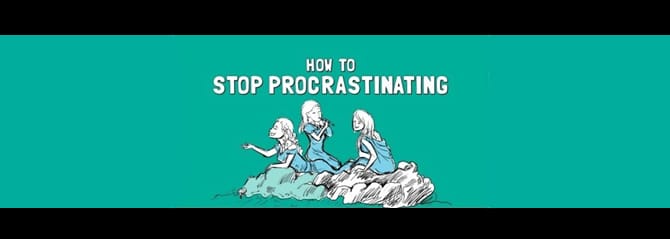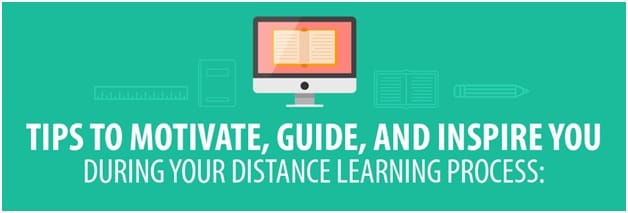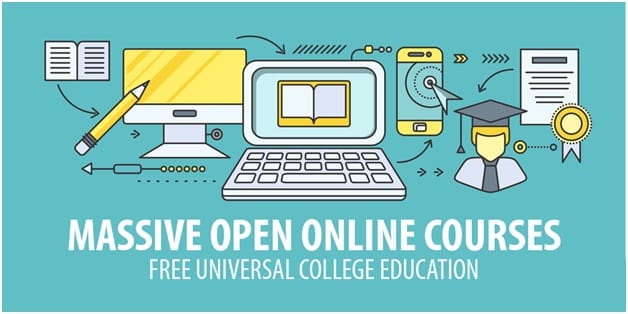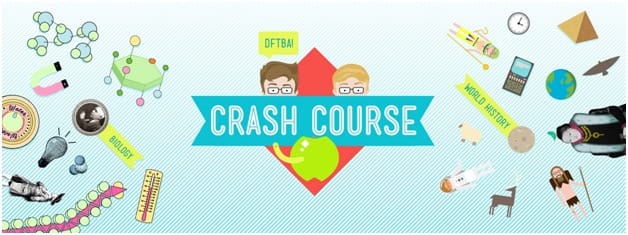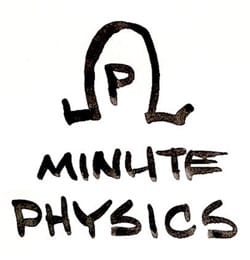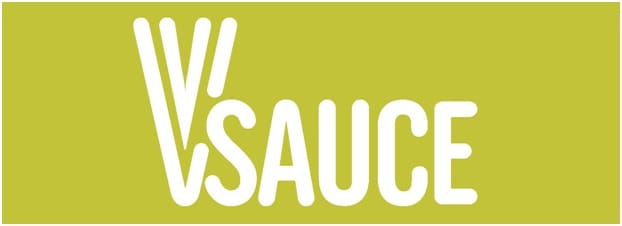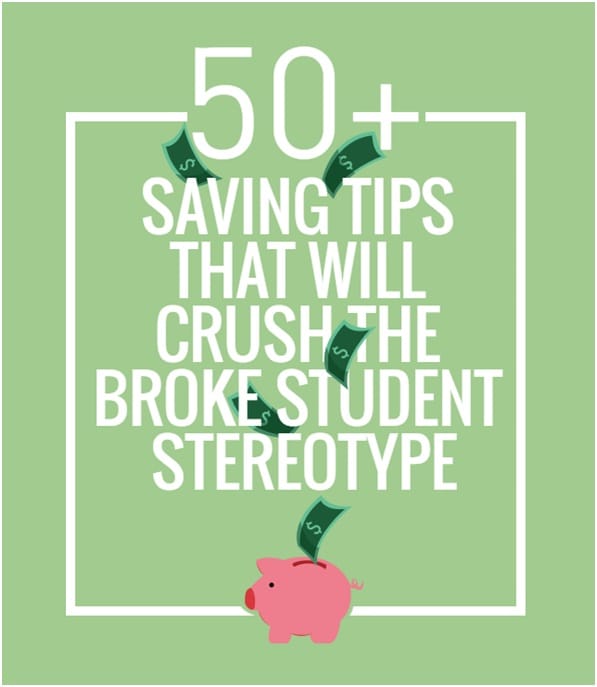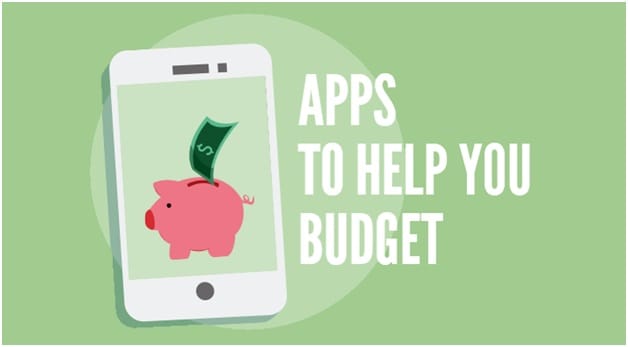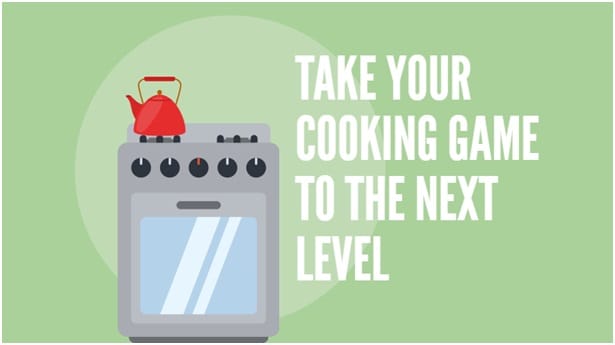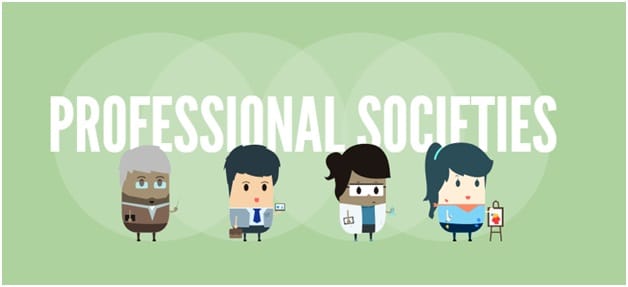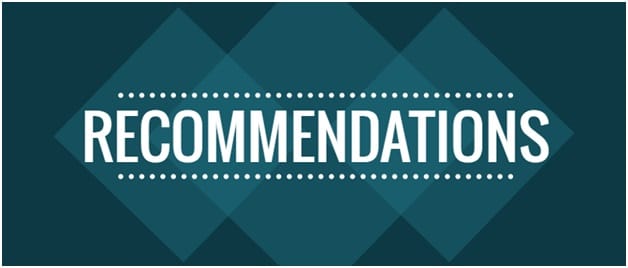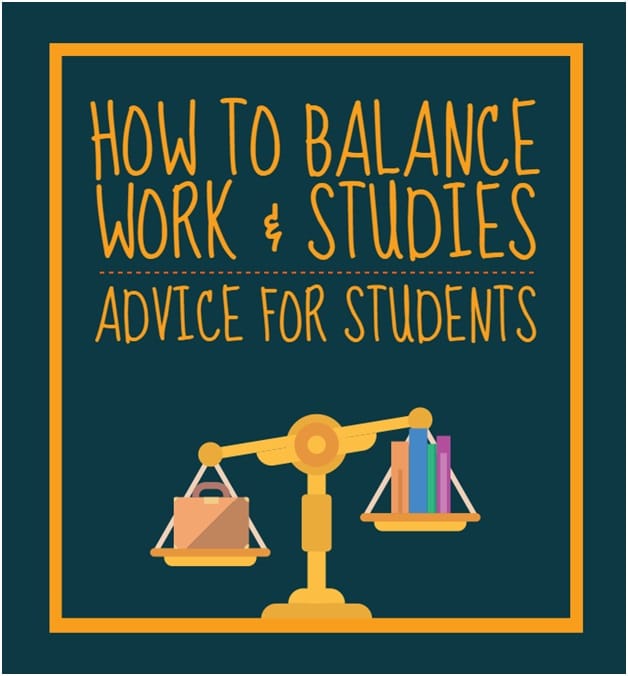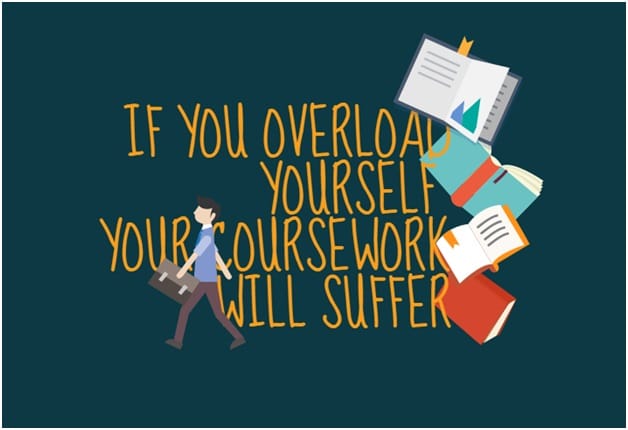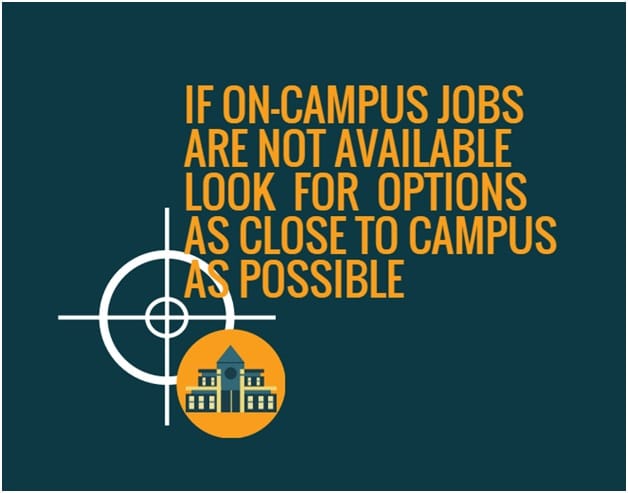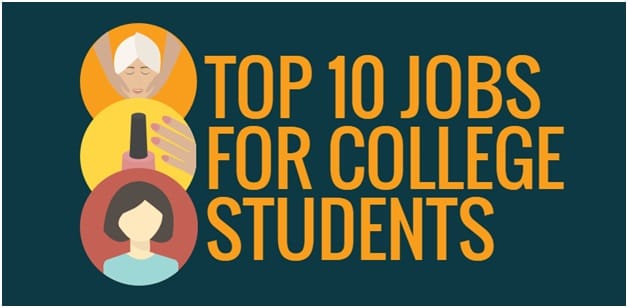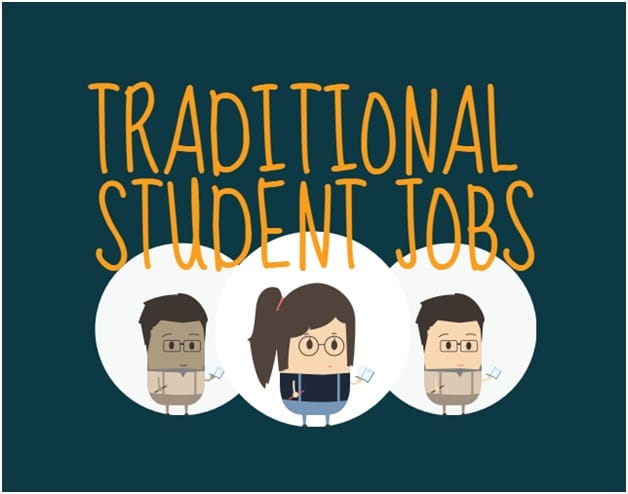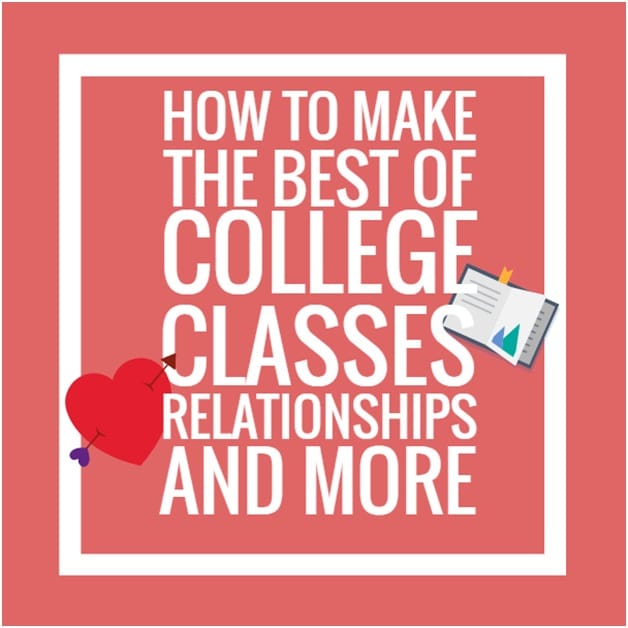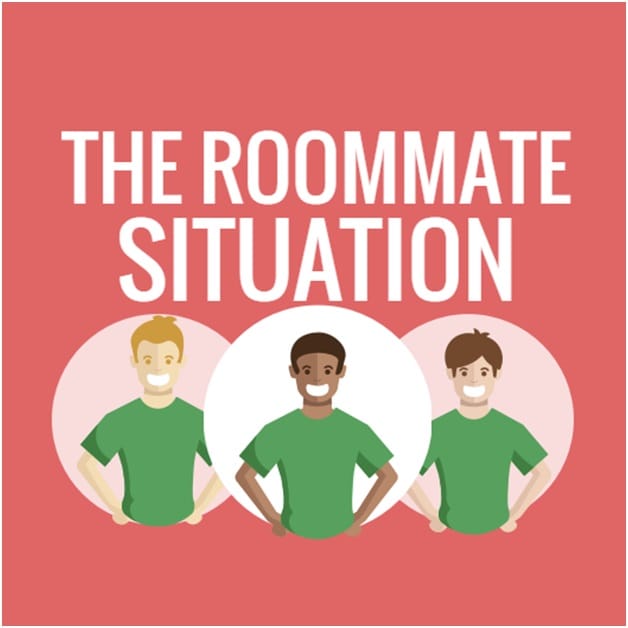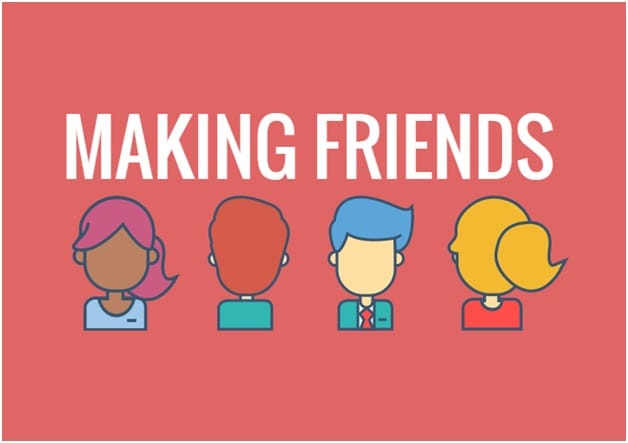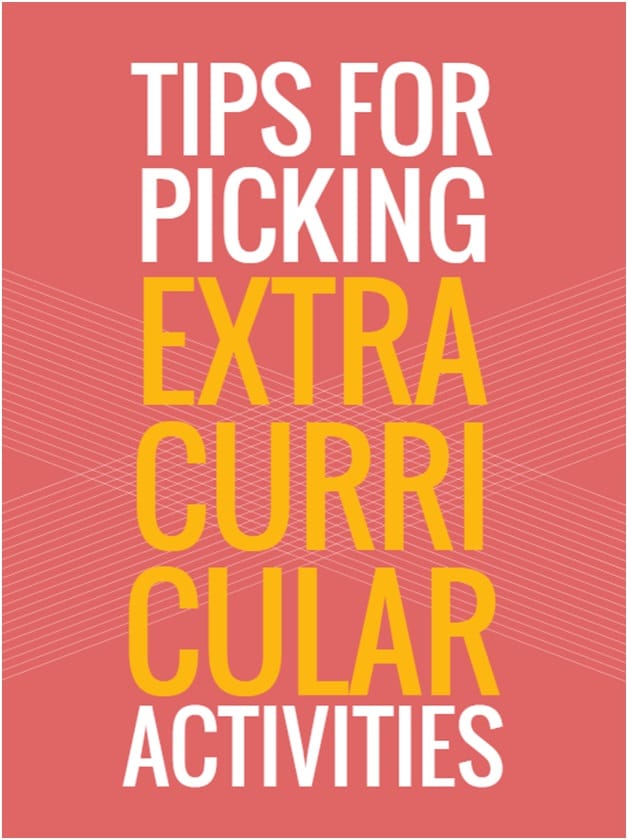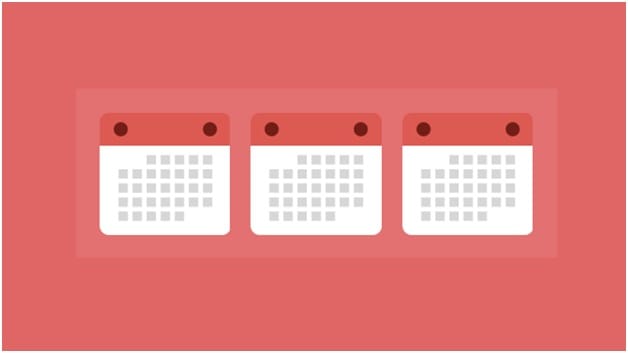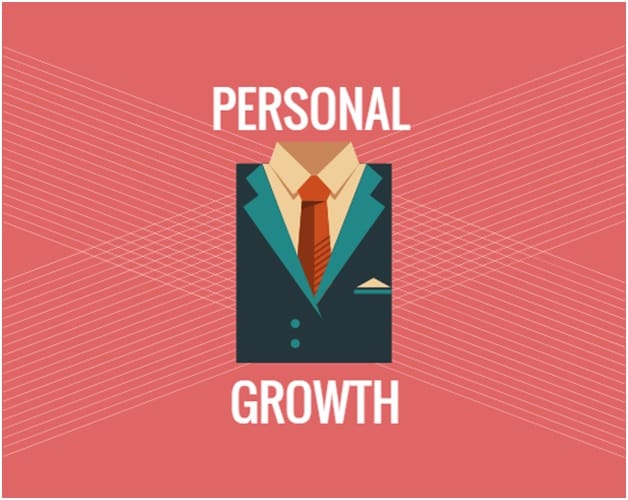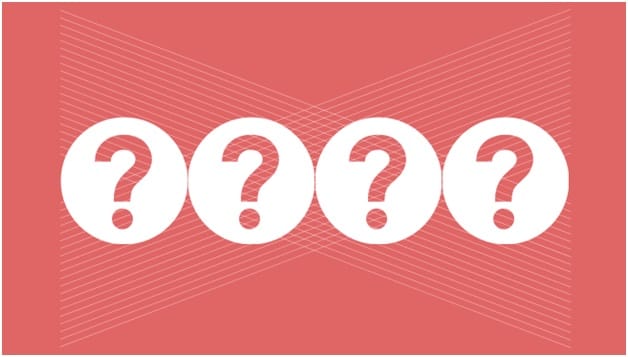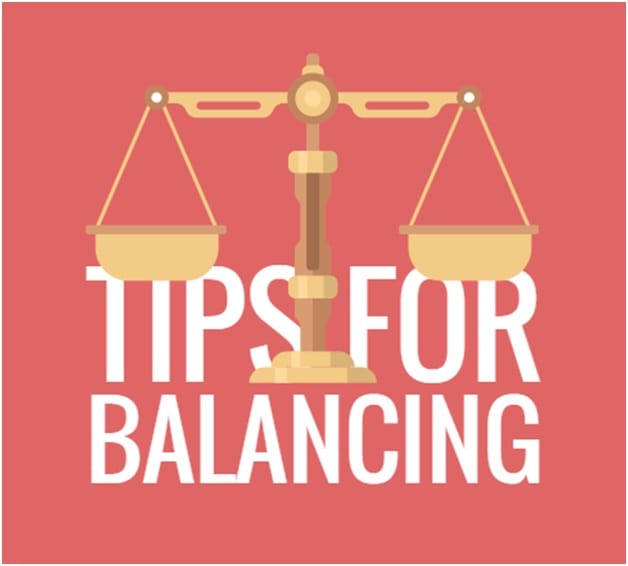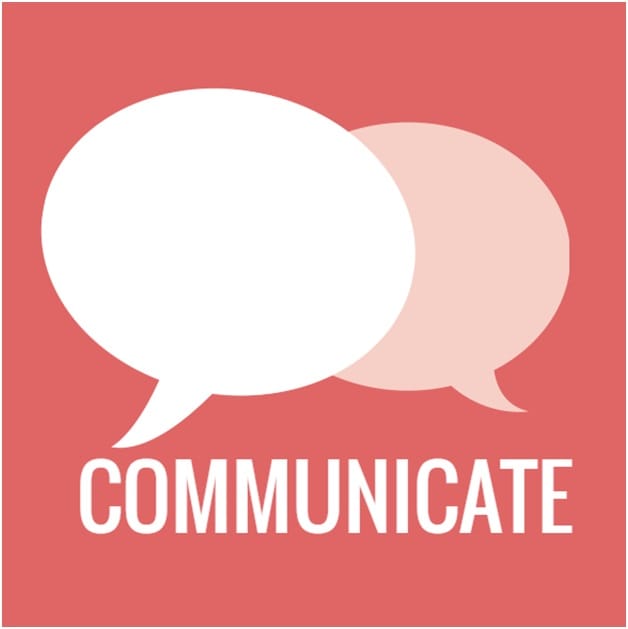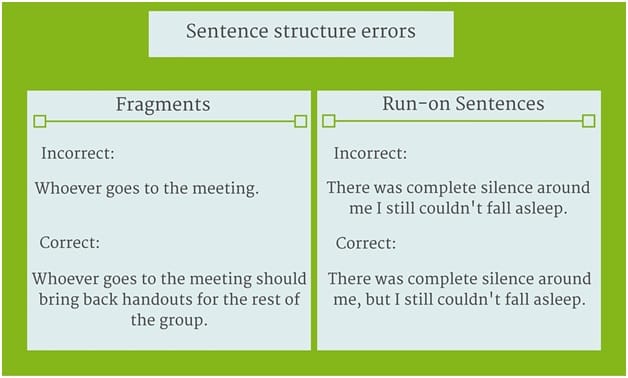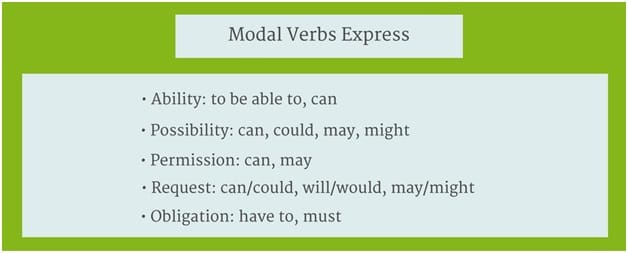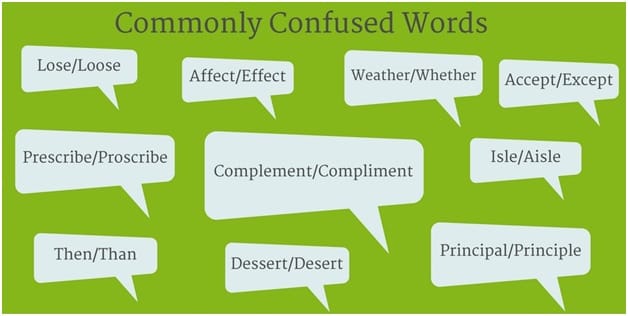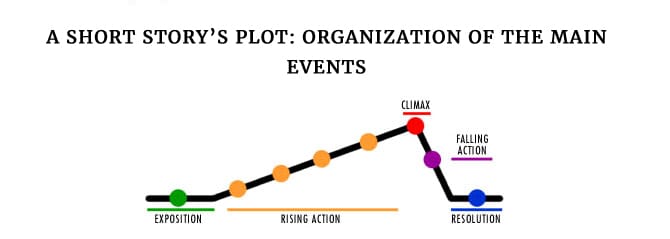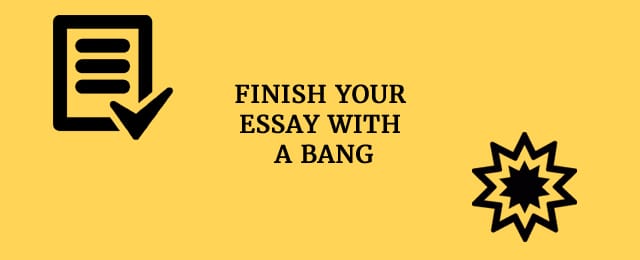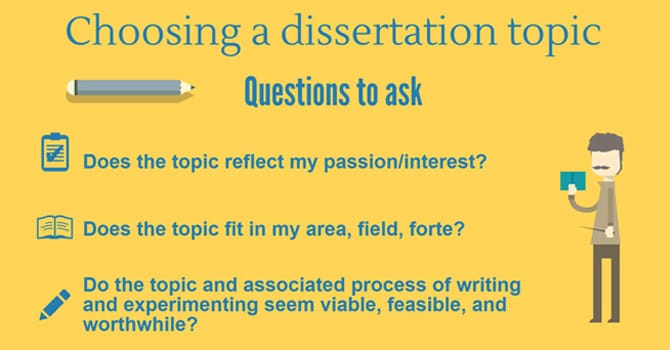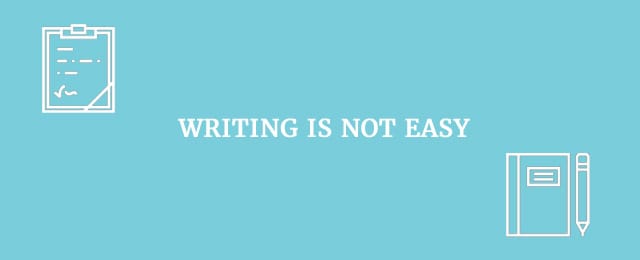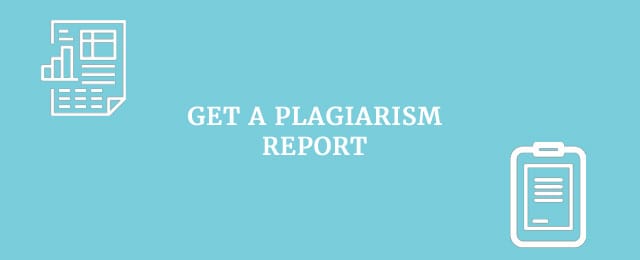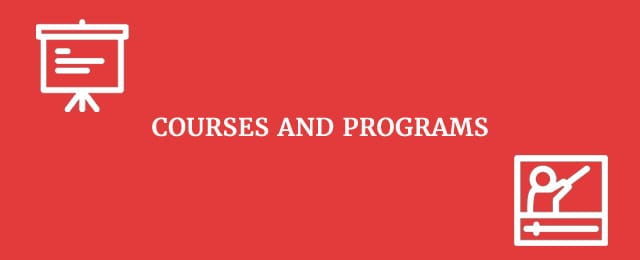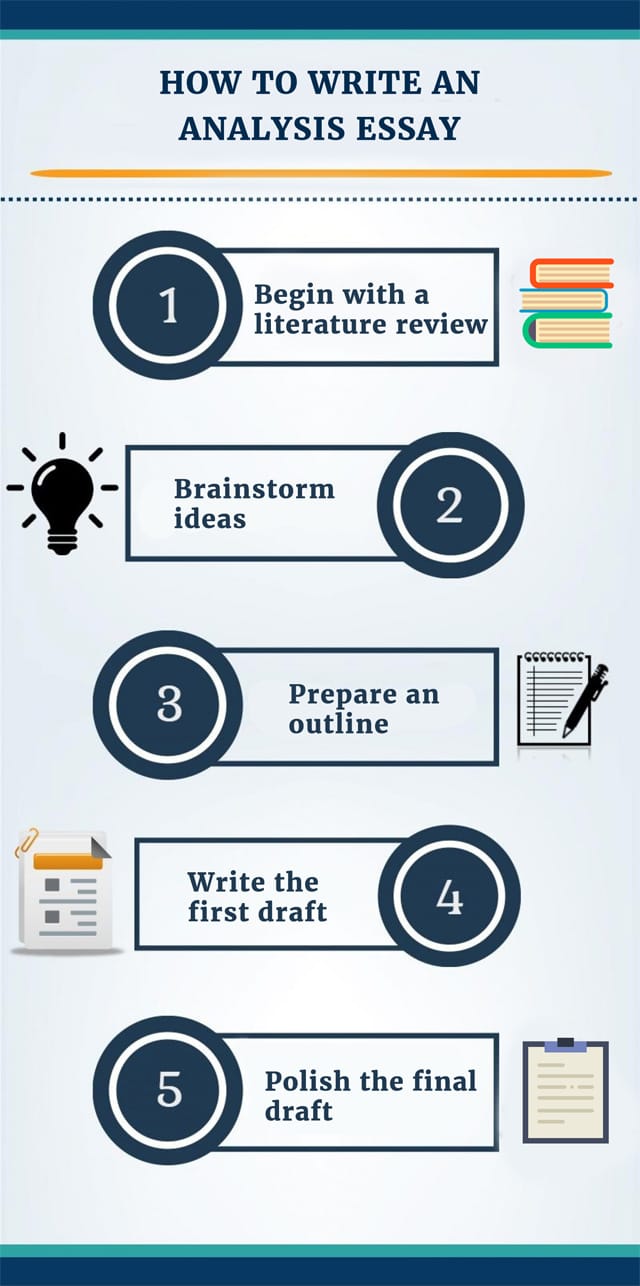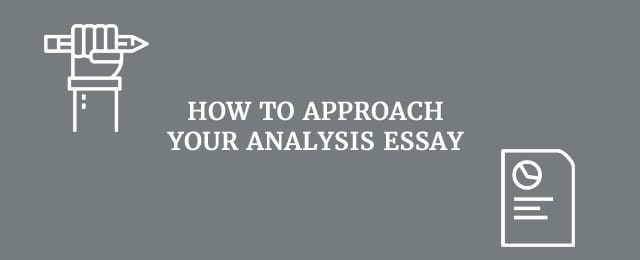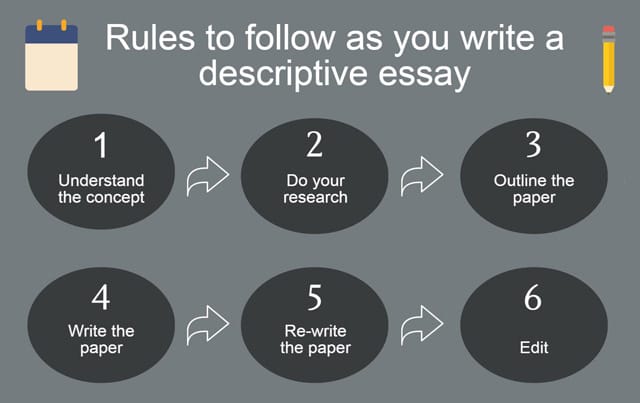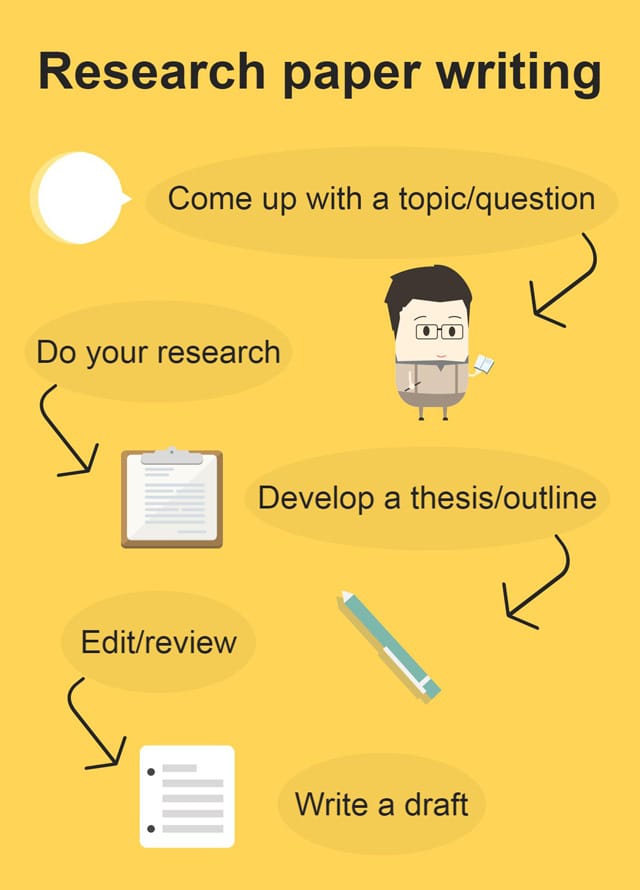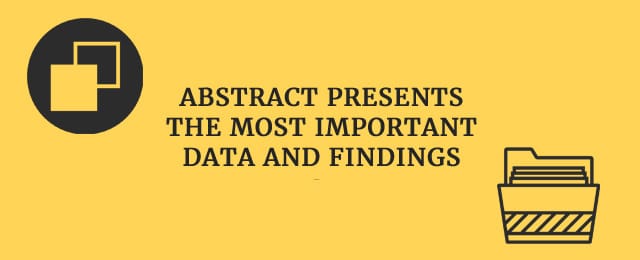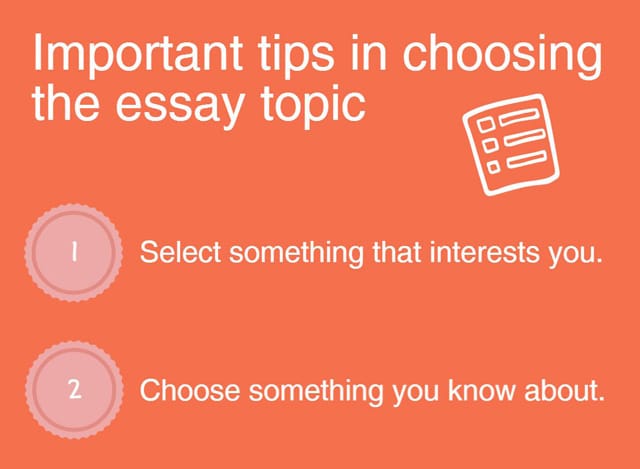![summercount1]()
Summer is just around the corner! Trips to the beach, fruity cocktails, and months of relaxation may sound divine to some people.
But if you’re one of those people who hate wasting their time and are eager to be productive and make this summer count, this article is just the right place for you.
First things first:
There are several habits you’ll need to learn to ditch to have a productive summer.
Stop putting things off.
In June, at the very beginning of your summer vacation, you may feel like you have all the time in the world.
It may be tempting to start that project or complete that task next Monday.
But spoiler alert:
The perfect Monday never comes.
So don’t leave it for “next Monday.” Apply for a summer scholarship, learn a new language, get a new hobby, or start jogging now—today!
![summercount2]()
Stop lying to yourself.
“Just five more minutes of Tumblr,” you’ll say in the evening, and next thing you know, you’re watching the sun rise outside your window with bloodshot eyes.
Once you have yourself under some semblance of control, make up your mind about what you want to accomplish this summer.
You can travel and explore new places, apply for a scholarship, do an internship, take online classes, or even learn a new language!
We’ve put together some tips about all of these enriching possibilities below.
![summercount3]()
Top 3 travel and exploration apps you shouldn’t miss this summer
GoSkyWatch Planetarium for iPad helps you enjoy the starry skies to the fullest.
With this app, you can point your iPad at any star or constellation to find out its name and a couple of interesting facts about it.
It’s perfect for romantic dates or single summer nights.
Now you can literally reach the skies. And you can be sure that everyone will be impressed, even if the app occasionally gives you wrong information.
Pocket Ranger was made for those who love new places.
This app perfectly demonstrates how you can find secrets even in places you think you know perfectly.
Importantly, the app provides a detailed GPS map of all the most interesting sites, as well as a gallery of picturesque views.
You can even use this app to check for nearby fishing sites or golf courses.
Bitehunter offers you up-to-the-minute promotions in local restaurants and cafes.
Even if you already use Groupon, you absolutely need this app. It collects information from various sites and gives you real-time offerings.
![summercount4]()
Best summer scholarships options
When you get bored of lazing in the sun and decide you may want to do something more useful, applying for scholarships can be a great idea.
You may think most scholarships require a stellar GPA or demand that you stretch your imagination to limits unfit for summer relaxation.
But scoring a summer scholarship can actually be really easy. Check out these unique scholarships that are perfect for some summer productivity.
- Flavor of the Month Scholarship
Crazy as it sounds, this scholarship requires you to submit an essay on which ice cream flavor best describes your personality.
The winner (who must be a legal U.S. resident) will receive $1,500. The deadline is July 31.
- Make Me Laugh Scholarship
At last, you can write something embarrassing or funny in your scholarship essay and hope to receive a $1,500 reward.
You have the chance to make the officers laugh out loud with your story until August 31.
![summercount5]()
- A GPA Isn’t Everything Scholarship
This is a dream scholarship for students whose GPAs don’t reach the stars.
Simply fill in the form any time before June 31, and wait for a miracle.
- No Essay College Scholarship
Applying for a scholarship has never been easier with this lottery-style scholarship giveaway.
- Carnegie Scholarship
All you need to do is to register on the site or fill out a response card in one of Carnegie Communications’ magazines.
That’s it.
- $1,000 Weekly Scholarship
To enter to win this scholarship, you just have to answer a small question. And even if you don’t get it this week, you can try again next week!
- Top Ten List Scholarship
If you hate scholarship essays, this option is for you.
Simply compile a list of the top ten reasons you deserve the money.
Just like you make a grocery list.
- Peanut Butter & Jam Slam Scholarship
Did you know that peanut butter is one of the most frequently requested items from food banks?
As the name suggests, this scholarship is all about food bank donations.
Even if you don’t get this scholarship, at least you’ll do something good.
![summercount6]()
- Anti-Bully Scholarship
To get a chance to win this scholarship, all you need do is to invite your friends to play an online anti-bullying game.
- Got Chosen Monthly Scholarship
This ultimate scholarship giveaway is absolutely stress free. The only requirement is registration.
- Zombie Apocalypse Scholarship
Share your plan of action in the event of a zombie apocalypse with the committee. And who knows? Maybe your plan is the craziest one and will earn you some cash for school.
- Super Power Scholarship
Imagine you have a super power. What is it? How would you use it? For good or for evil?
Just write an essay about it to be considered for this scholarship.
- Duck Tape Brand’s Stuck at Prom Scholarship
This scholarship is perfect for creative types. Produce a photo essay about how you used duct tape to make unforgettable prom attire.
- Vegetarian Resource Group Scholarship
If vegetarianism is your conscious choice and you’ve somehow promoted it in your local school, this option is for you.
![summercount7]()
- BigSun Scholarship
A great option for college athletes, this scholarship only requires a short essay about how your participation in sports has influenced you during high school.
- Scholarship for Redheads
If you’re now thinking of dying your hair, don’t bother.
Only natural redheads are eligible.
You’ll need to provide two photos as proof, but the emphasis will still be put on your GPA.
- Do-Over Scholarship
If there’s something you would like to change about your life, you can write an essay about it to win this scholarship.
- Vista Health Solutions Scholarship
This is a great option for those who make healthy life choices. Write an essay about how you’re going to maintain your health during your college years.
- Chick and Sophie Major Memorial Duck Calling Scholarship
This one is probably one of the weirdest options you can find. Would you ever think your ability to call ducks could help you get a scholarship?
![summercount8]()
Top websites for your scholarship search
Just in case you’d love to continue your scholarship search on your own, check the following convenient websites with their easy-to-use search engines:
Tips for finding a summer internship
A summer internship can change your life by becoming the first step on your career ladder.
The easiest way to secure your first job after graduation is to land an internship in the summer.
But where do you find summer internships?
Summer Internships on LinkedIn
The first place to try is LinkedIn, the “Facebook” for professionals.
Create a personal page, mention all of your professional accomplishments, and search for internship opportunities.
It’s especially easy with LinkedIn’s higher education portal, created especially for students and recent graduates.
![summercount9]()
Summer Internships from Online Career Fairs
The Internet is the place to go whenever you’re looking for something, and it’s no different for internships.
Career fairs happen all the time on Twitter, Facebook, and Google+.
Simply search using the hashtag #careerfairs, and don’t hesitate to join the conversation and ask questions.
Don’t be shy—ask questions about how you can become the perfect candidate for internships they offer.
Summer Internships through Personal Networks
One more resource you can’t afford to ignore is your personal network.
Ask your friends, friends of friends, parents, teachers, and people you hardly know but follow on Facebook.
They might know something or someone who can help you.
Feel free to make self-promotion posts on social networks, but know when to stop.
Don’t endlessly spam your followers, or they’ll start to ignore or even dislike you.
Knocking on Doors for Summer Internships
If all else fails, try knocking on doors and asking the companies you like if they need some interns.
Be ready to work for free, as it’s still a common practice among modern employers.
In most cases, it’s wise to accept these unfavorable conditions if you can afford it.
It may be your best chance to avoid unemployment after graduation.
![summercount10]()
Summer Internships Abroad
Among the most interesting opportunities to pursue is a summer internship abroad. There are several ways to find one:
- Contacting international companies online
- Looking through foreign newspapers and magazines
- Applying to foreign recruitment agencies
Tips for taking classes in the summer
Summer is a great opportunity to learn new things.
Relaxed and full of energy, you can learn a lot without exhausting yourself.
In the summer, you can concentrate on just one or a few classes.
The following simple steps can help you make the most out of your online summer classes.
Choose the Best Format for You
Summer classes are usually available in three main formats:
- Online
- On-campus
- Hybrid classes (which combine online and on-campus work)
Check your schedule to select the most appropriate type.
Of course, online classes will save you lots of time. On the other hand, on-campus courses will help you meet new people. Both types have their advantages and disadvantages. Consider your personal situation, and weigh all pros and cons to make a choice.
![summercount11]()
Massive Open Online Courses
Recent years have seen a huge development in college and university courses becoming available online, writes the New Yorker.
Referred to as Massive Open Online Courses, or MOOCs, this new type of college class is based entirely on online video lectures.
There are three giants in the MOOC business:
- Coursera
A Stanford University Online spinoff, Coursera is currently the largest platform of MOOCs, aiming to provide universal access to the world’s best education.
To do this, Coursera partners with some of the top universities and organizations around the world to offer 1,858 courses from 143 partners in 28 countries.
It’s easy:
- Each Coursera MOOC features pre-recorded videos, projects, peer-graded assignments, and quizzes to help you test your knowledge.
- Once enrolled, you’ll be able to connect with thousands of other students to debate ideas, discuss course materials, and even find tutors if you find yourself struggling to master a particular concept.
- Upon completion of the course, you will receive an official certificate.
![summercount12]()
- Udacity
Based in Palo Alto, Udacity focuses on courses in science and technology. It offers classes in web development, software engineering, data science, and iOS and Android programming. For the most part, the curricula for Udacity’s MOOCs are developed by industry leaders like Google, Amazon, Facebook, and AT&T.
While all of the video course materials on the website are free of charge, Udacity also offers something called a “Nanodegree” for a fee.
The Nanodegree offers credentials:
While you can certainly follow the free courses independently to build your portfolio, a Nanodegree provides you with a sort of stamp of approval from Udacity, which vouches for your successful completion of a course to your future employers.
Enrolling in a Nanodegree program will provide you with the following:
- Consistent feedback: your projects will be graded and you’ll receive detailed in-line comments.
- Access to discussion forums and chat: you can interact with both fellow students and instructors and ask questions 24/7.
- One-on-one sessions: you have biweekly, half-hour video chats with instructors and/or staff to discuss your progress more thoroughly.
- Office hours: you can attend broadcasting Q&A sessions with instructors twice a week via Google Hangouts on Air.
- Career services: you receive significant networking opportunities, as well as potential job placement assistance.
![summercount13]()
- EdX
A joint effort between M.I.T. and Harvard, edX is the youngest MOOC producer of the three.
Unlike its competitors, edX is based on a confederation model, which means that each of its member institutions has full control over its own MOOC production.
EdX offers over 650 courses in math, computer science, and humanities and boasts the support of over 1,700 faculty and staff members throughout the content creation process.
Its contributors and members include Ivy League schools like Dartmouth, Cornell, Columbia, and Princeton, as well as some of the most high-profile universities in Europe, Asia, and Australia.
EdX is the only major MOOC producer that is both nonprofit and open source.
To learn more, watch the video below, and enroll in the edX demo course to better understand how the platform works.
Nonprofit organizations and MOOCs provide you with certification upon successful completion of a program.
Or you may choose to study independently online
Khan Academy
“A personalized learning resource for all ages,” Khan Academy began with founder Sal Khan uploading several math tutorial videos to YouTube in 2006, just so he could share them with his friends and family more conveniently.
The unexpected popularity of the videos and overwhelmingly positive feedback prompted Khan to quit his job as a hedge fund analyst in 2009 to become a full time educational content creator.
Since then, Khan Academy has developed into a rich and diverse nonprofit online learning platform, funded entirely by donations from philanthropic organizations like the Bill and Melinda Gates Foundation and corporations like Google.
Today, Khan Academy offers its users practice exercises and a personalized dashboard for tracking their progress as they follow along with instructional videos.
![summercount14]()
The Academy’s expertise has also grown exponentially, and it now offers courses and tutorials not only in math, but also 15 other subjects in arts and humanities, science, economics and finance, and computing.
It also often partners with organizations and institutions like NASA, The Museum of Modern Art, The California Academy of Sciences, and MIT to create specialized content.
Very importantly, Khan Academy is multilingual.
The Spanish version of the website launched in 2013. Since then, KhanAcademy.org has been translated into 23 languages, and their educational videos into 65.
University of Reddit
University of Reddit is an educational platform that allows Reddit community members (some of them actual university professors) to share their expertise with each other.
Combining online lectures with YouTube tutorials, the website currently offers classes in 11 categories, such as art, music, philosophy, science, language, technology, math, and social sciences—just to name a few.
![summercount15]()
Duolingo
A free platform for learning languages, Duolingo offers bite-sized lessons for a fun and efficient way to learn a foreign language.
The languages you can learn include Spanish, French, German, Portuguese, Italian, Irish, Dutch, Danish, Swedish, and English.
Duolingo is available as an app from both the Google Play store and iTunes.
You can earn points for correct answers, race against the clock, and level up.
But best of all:
You can include the Duolingo certification in your CV or resume!
 The advertising piece chosen for the critical evaluation within the current paper is a Dolce and Gabbana ad published in a February 2010 issue of Vogue magazine. It is presumed to be a perfect example of how advertisements can create a sense of separation and association with the feminine identity. This advertisement captures the values that women dream about but can never truly have.
The advertising piece chosen for the critical evaluation within the current paper is a Dolce and Gabbana ad published in a February 2010 issue of Vogue magazine. It is presumed to be a perfect example of how advertisements can create a sense of separation and association with the feminine identity. This advertisement captures the values that women dream about but can never truly have. Do you suspect that most web sites are basically evil and distracting? If yes, you may change your opinion after you check the following top 21 essay writing websites. Great essay samples, expert advice or editing help can be just a few clicks away from you.
Do you suspect that most web sites are basically evil and distracting? If yes, you may change your opinion after you check the following top 21 essay writing websites. Great essay samples, expert advice or editing help can be just a few clicks away from you. 












